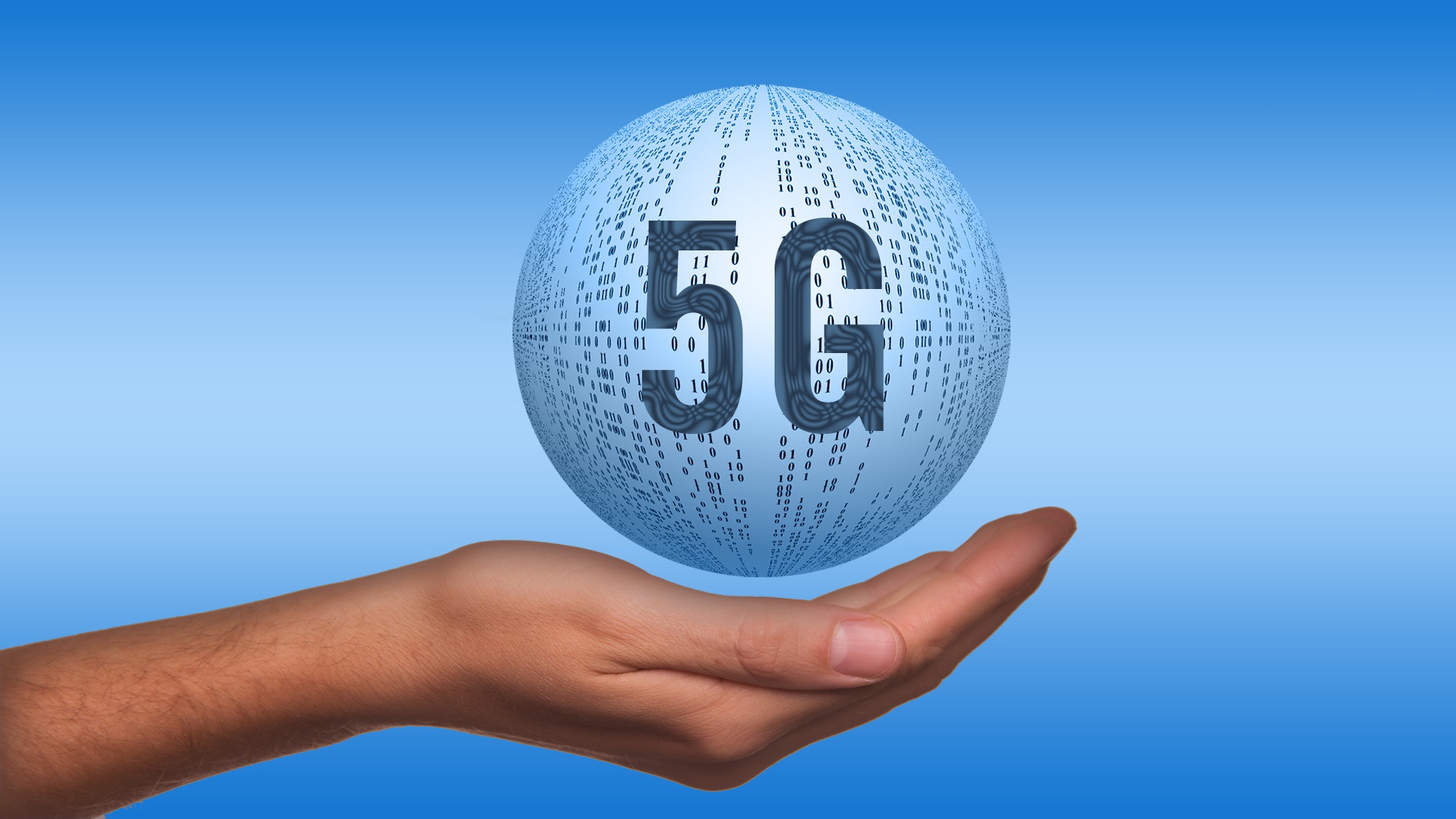
Respected Apple analyst Ming-Chi Kuo of TF International Securities believes that Intel’s unexpected move to exit the 5G modem business has left Qualcomm in full control of the 5G smartphone modem roadmap and removed uncertainties in terms of a 5G iPhone.
Now that Apple and Qualcomm have settled their high-profile legal spat last week and entered into a six-year licensing deal, the revered analyst is expecting a 5G-capable iPhone in the second half of 2020 and thinks it’s going to boost Apple’s sales significantly.
From Kuo’s note to clients, obtained this morning by MacRumors:
Apple and Qualcomm’s end of patent dispute and entrance into a six-year licensing deal implies new iPhone models released in the second half of 2020 will support 5G.
Qualcomm and Samsung are potential 5G baseband chip suppliers.
The market was worried that Intel’s disappointing 5G baseband chip development might be the most severe uncertainty for the new 2020 iPhone models’ adoption of 5G.
But we believe the uncertainty has been removed after Apple and Qualcomm’s end of patent dispute and entrance into a six-year licensing deal, and Intel’s announcement that it will exit the 5G baseband chip business.
One curious tidbit: Apple will dual-source 5G modems from both Qualcomm and Samsung. According to Kuo, iPhones with Qualcomm-made 5G modems will be sold in mmWave markets while devices outfitted with Samsung’s modems will focus on sub-6GHz markets. The strategy will also lower risk, reduce costs and increase Apple’s bargaining power with suppliers.
Kuo expects 5G capability to have a big impact on sales, forecasting 2020 iPhone shipments between 195-200 million units, up from between 188-192 million units in 2019.
Of the 195-200 million iPhones in 2020, approximately 70–75 million units will be 5G handsets, the note predicts. By comparison, Apple sold 231.2 million, 211.8 million, 216.8 million and 217.7 million iPhones in fiscal years 2015, 2016, 2017 and 2018 respectively.